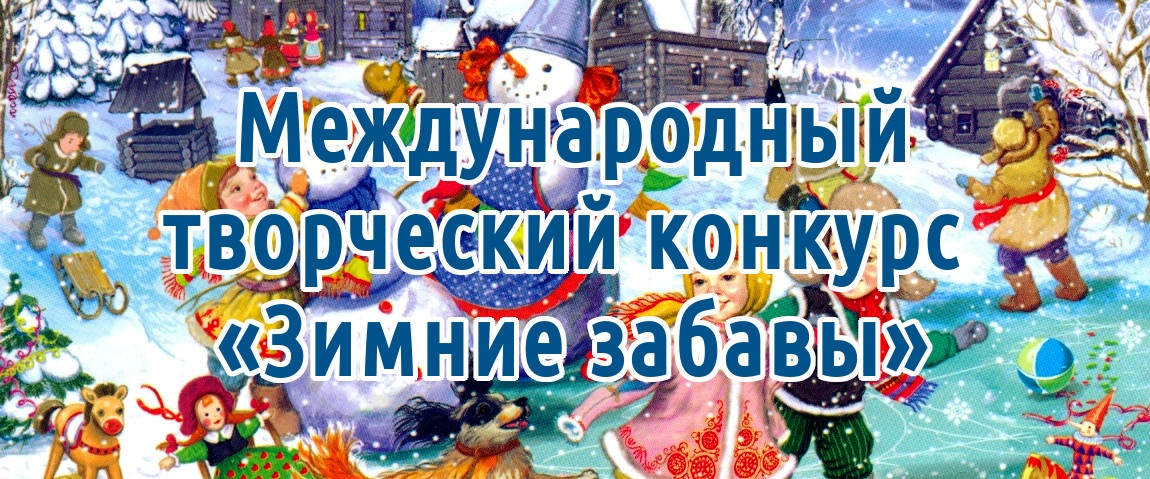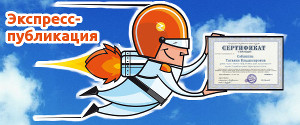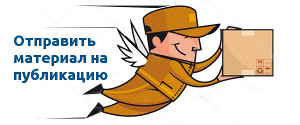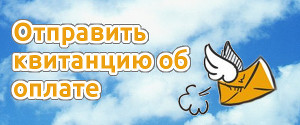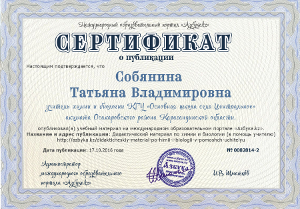«Trinity of languages’ — the base for multicultural personality»
|
Кушаева Жанат Тураровна учитель английского языка, стаж 16 лет, первая категория. Школа-лицей № 5 им. И. В. Панфилова, г. Кызылорда Кызылординской области |

It is known that only the state can successfully develop and blend well with a number of leading countries in the world that will be able to create for its citizens decent working conditions for the acquisition of high-quality and modern education. President Nursultan Nazarbayev has set a high bar to the domestic education. It should become a competitive, high-qualit, so that graduates of the Kazakh school could easily continue their education in foreign universities. The most important strategic task of education is keeping the best Kazakh educational traditions and providing the school graduates an international qualification and capacities to develop their linguistic consciousness, based on — to master the state, native and foreign languages.
Kazakhstan, remaining ethnic and confessional state is experiencing today a complex and contradictory period of its cultural and linguistic development. It is demonstrated by the language situation, the characteristic of which is given in the Concept of the language policy of the Republic of Kazakhstan. It should be noted that virtually all the documents in the language policy of a core idea are the necessities of mastering several languages. The concept of expanding the scope of functioning of the national language is to improve its competitiveness started in 2007-2010 which aimed at improving the quality of teaching the national language, the functioning of the national language in all spheres of public life, enhancing its role as a factor in strengthening inter-ethnic harmony and Kazakhstani patriotism.
The concept of the language policy of the Republic of Kazakhstan determines the Russian language as the main source of information on various fields of science and technology as a means of communication with the near and far abroad. In this regard, a new sound is the problem of language education. Source in this case is the idea that learning any language must be accompanied by studying the culture native speakers. Moreover, this process should be studied together, not in separate planes. In this regard, it would be correct to speak about cultural education, which should be resulted in civil society multilingualism.
Terms of multilingualism should form the native language that reinforces the awareness of belonging to their ethnic group, the Kazakh language as the state ownership of which contributes to the successful integration of civil, Russian language as a source of scientific and technical information, and other non-native foreign language to develop the human capacity for self-identity in the world Community. Therefore, the study of language as one of the main indicators of human adaptation to the new socio — political and socio-cultural realities is now an actual scientific and theoretical, scientific and practical task. In addition, the objective was necessary to rethink the existing period of independence in the traditional concepts of language policy and language situation.
Most clearly in relation to the problem of the language situation of modern Kazakhstan is reflected in the President of the Republic of Kazakhstan Nursultan Nazarbayev «New Kazakhstan in a New World» from 2009, where in order to ensure the competitiveness of the country and its citizens offered a phased implementation of the cultural project «Trinity of languages», according to which we need to develop three languages: Kazakh as the state language, Russian as a language of international communication and English as the language of successful integration into the global economy. Under these conditions, the problem is updated formation and development of multilingual education, including issues of development of its theoretical and methodological grounds. Answers to questions related to the problem of multilingual education due to its versatility and diversity can be found only on the condition of the study, a systematic and comprehensive analysis of the theoretical concepts of various scientific schools.
The methodological reference of our study is the work of the experts in the field of philosophy, ethnology, and ethnopedagogics pedagogy, sociology and ethno-psychology and ethnic psychology, linguistics and ethnolinguistics. Thus, the ideological positions of our study defined philosophies A. Kunanbaeva directly relevant to the issue of identity and its formation, the essence of the sociological concept Valikhanov and ideas Kazakh educators and teachers Altynsarin S., Aimauytov J., A. Baitursynov, Zhumabaeva M. et al, allows to realize the importance of the mother tongue in the development of personality.
After analyzing the relevant scientific literature, legislation in the area of language and education, having studied educational records of schools, we tried to formulate the following contradictions and problems of our research: society’s need for trinity language personality and lack of an appropriate system of multilingual education as a process for its preparation in learning environments; awareness of the need to develop a system of education and lack of trinity of languages its regulatory and scientific support; the complexity and the large amount of the proposed educational material; inability to children in an age of advanced technology to independently conduct search additional information, and sometimes even their unwillingness to read not only more but also mandatory literature. Data resolution of conflicts and problems prompted the choice of the theme of our research in the following terms «Trinity of languages — the basis of the formation of multicultural personality.» To implement this study as part of a comprehensive school, we have developed a phased plan for its implementation:
The first stage — included a study of this problem on the basis of regulatory documents, scientific and methodological literature, Internet resources, accumulation and collection of empirical material on improvement of language education, the generalization of innovative educators in teaching the native, non-native and foreign languages; The second stage — includes the direct development and implementation of lessons as English, and a number of integrated lessons and extra-curricular activities and organization of the project activity to introduce students with three languages; Third stage — included generalization and systematization of the study results, the introduction in the educational process of the results based on the recommendations of colleagues in order to improve the work in this direction. Understanding the role of languages in the world today especially acute poses the question of the effectiveness of language learning and improving language training of students.
Conception development of education in the Republic of Kazakhstan aimed at qualitative renewal forms and methods of professional training, qualification meets global standards. Much attention is paid to multilingual education, which is regarded as an effective tool to prepare the young generation to life in an interconnected and interdependent world. One of the tasks of the school is the communion of the younger generation to the universal, global values, the formation of children and young people’s ability to communicate and interact with representatives of neighboring cultures and in space. Along with the Kazakh language, having the status of the state, and Russian — language of interethnic communication, an important means of communication was a foreign language. The main aim of facing the teachers and students of the school — the development of a multicultural personality capable of social and professional self-determination, knowing the history and traditions of the people, speak several languages, to achieve communicative activity-operation in three languages in all situations, striving for self-development and self-improvement.
Saying of trinity of languages at schools, I want to notice that pupils of more than 10 nationalities get education in our class.
They are Kazakh, Russian, Korean, Turkish, Tatars.
Russian language unites all of us, because we get education in Russian class. But we show our great respect to languages of all nationalities. In conclusion, I would like to say, «We are all for trinity of languages». It’s not only our motto but for all and for the future generation.
- 17830 просмотров


